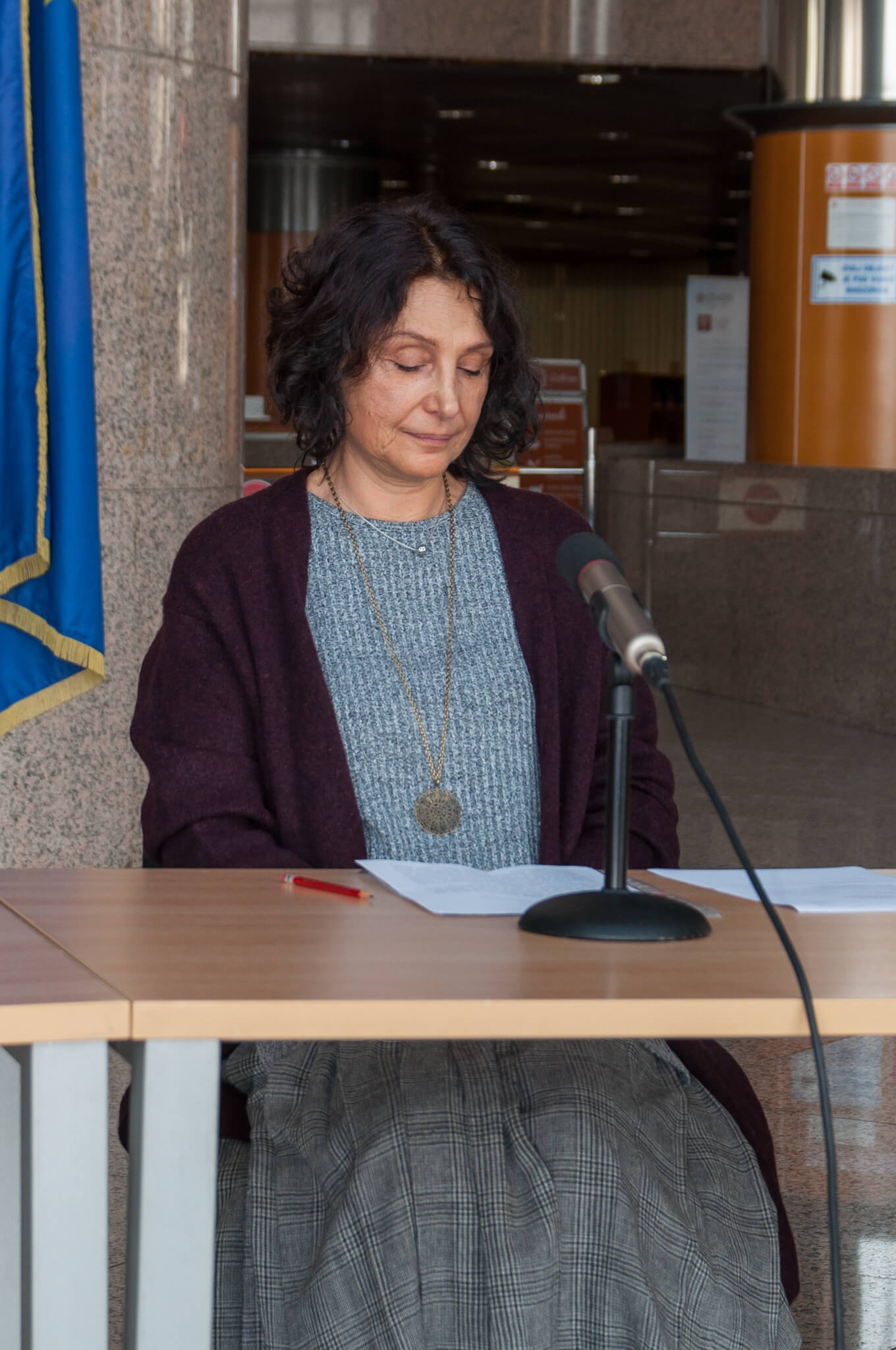BORNA FUERST – BJELIŠ: MEDITERRANEAN IDENTITIES

By: IntechOpen Ltd London
Photo: www.intechopen.com
What is the Mediterranean? The perception of the Mediterranean leans equally on the nature, culture, history, lifestyle, and landscape. To approach the question of identity, it seems that we have to give importance to all of these. There is no Mediterranean identity, but Mediterranean identities. Mediterranean is not about the homogeneity and uniformity, but about the unity that comes from diversities, contacts, and interconnections. The book tends to embrace the environment, society, and culture of the Mediterranean in their multiple and unique interconnections over the millennia, contributing to the better understanding of the essential human-environmental interrelations. The choice of 17 chapters of the book, written by a number of prominent scholars, clearly shows the necessity of the interdisciplinary approach to the Mediterranean identity issues. The book stresses the most serious concerns of the Mediterranean today – threats to biodiversity, risks, and hazards – mostly the increasing wildfires and finally depletion of traditional Mediterranean practices and landscapes, as constituent parts of the Mediterranean heritage.

Borna Fuerst – Bjeliš is a senior scientist and full time professor at the University of Zagreb, Croatia. She was awarded by the Federico Grisogono award for the scientific achievement and outstanding contribution to the development of geography in Croatia. Her field of expertise is environmental history and landscape change, spatially focused mainly on Mediterranean karst area, including the development of methodologies of research (historical cartography), borderland areas, spatial perceptions, and spatial (regional) identities. She is the coauthor of the book Historical Geography of Croatia (University of Split, Croatia) and the editor of the Croatian editions of What is Environmental History by D. Hughes (Disput) and The Global Environmental History by I. G. Simmons (Disput). She is the member of a number of international and national scientific organizations. Currently, she is the vice-president of the European Society for Environmental History and a member of the Steering Committee of the Specialty Commission of the International Geographical Union on Marginalization, Globalization, and Regional and Local Responses.




